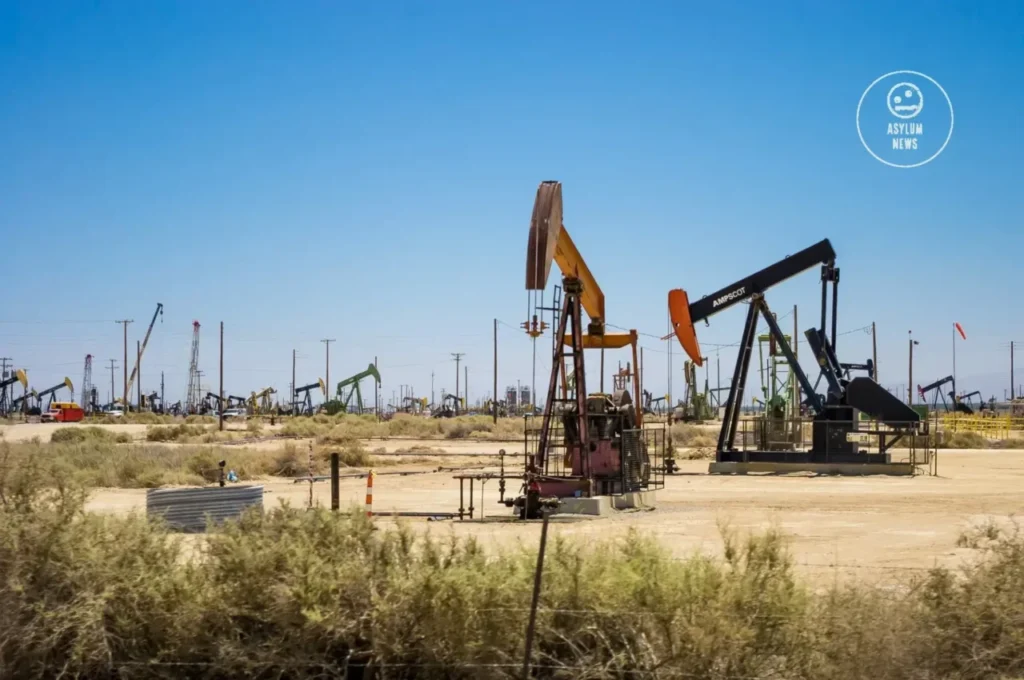The U.S. Supreme Court today refused to hear a challenge to a court-ordered prohibition on offshore fracking in federal waters off the California coast.
Today’s decision leaves in place last year’s ruling by the 9th U.S. Circuit Court of Appeals that the federal government violated the National Environmental Policy Act, Endangered Species Act and Coastal Zone Management Act when it allowed fracking and acidizing extraction practices at all offshore oil and gas wells in leased federal waters in the Pacific Ocean.
“California’s amazing coast and vulnerable marine life deserve this victory, which will protect the ecosystem from the many dangers of offshore fracking,” said Kristen Monsell, oceans legal director at the Center for Biological Diversity. “The fracking ban will help prevent more toxic chemicals from poisoning fish, sea otters and other marine life. But our ocean won’t be truly protected until offshore drilling stops once and for all. We hope this is the beginning of the end of drilling off California’s coast.”
Environmental Defense Center initially filed a lawsuit in 2014 to stop fracking and acidizing in the region after discovering, through a series of Freedom of Information Act requests, that more than 50 permits had been issued by the federal government without any public or environmental review.
“The Supreme Court was right to reject the oil industry’s latest attempt to allow fracking and acidizing in our waters with zero meaningful environmental review,” said Maggie Hall, senior attorney at EDC. “The Santa Barbara Channel is one of the most ecologically rich and important regions in the world. As the climate crisis escalates, ending these destructive extraction practices is a matter of survival — not just for the whales, otters and other animals in the Channel, but for all life on earth.”
The appeals court decision also forbids the Interior Department from issuing fracking permits until it completes an Endangered Species Act consultation and an Environmental Impact Statement that analyzes “the environmental impacts of extensive offshore fracking” and “fully and fairly evaluate[s] all reasonable alternatives.”
The ruling was the result of three separate lawsuits filed by the Center for Biological Diversity and Wishtoyo Foundation, Environmental Defense Center and Santa Barbara Channelkeeper, and the State of California. The lawsuits challenged the federal government’s approval and inadequate environmental review of offshore fracking in the Pacific Ocean.
“Protecting the health of the ocean is essential to conserving the ecosystem upon which Chumash people have thrived for more than 10,000 years,” said Mati Waiya, executive director of the Wishtoyo Foundation, a native-led nonprofit dedicated to the protection of Chumash lifeways and the environment. “We celebrate the appellate court’s decision, which by upholding environmental laws, honors the rights of our people and protects our precious, coastal resources.”
The American Petroleum Institute, ExxonMobil and DCOR, LLC, which intervened as defendants in the case, asked the Supreme Court to review the 9th Circuit’s decision. The Department of Justice, representing the federal defendant agencies, opposed the petition for review.
“Today’s decision affirms the importance of assessing the impacts of offshore fracking on California’s marine wildlife, fisheries, and coastal communities,” said Ted Morton, executive director of Santa Barbara Channelkeeper. “With ever-mounting threats to ocean ecosystems from climate change, it is essential that federal agencies adequately evaluate the risks of oil and gas development on marine resources.”
At least 10 chemicals routinely used in offshore fracking could kill or harm a broad variety of marine species, including marine mammals and fish, Center scientists have found. The California Council on Science and Technology has identified some common fracking chemicals to be among the most toxic in the world to marine animals.
The 9th Circuit’s decision notes that Interior “disregarded necessary caution” when greenlighting fracking practices with unknown consequences.








